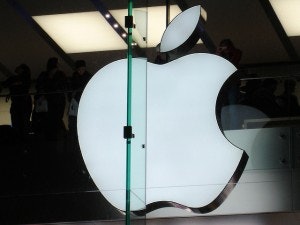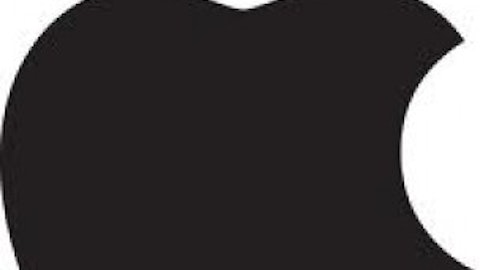
A hard hit
A 14% decline is a hard hit for the PC market. David Daoud of IDC summed it up well: “Although the reduction in shipments was not a surprise, the magnitude of the contraction is both surprising and worrisome.” The problem appears to be tablet computers.
Apple Inc. (NASDAQ:AAPL)’s introduction of the iPad was truly an industry changing event. It was, basically, the first casual computer concept. PCs have long been the gateway to the Internet. However, most consumers use the web to do fairly simple things, like send email, surf the web, and stream movies and music. A tablet is more than capable of handling such tasks. That makes tablets both a hot gadget and a way to avoid buying a new PC.
An oldie but a goodie
The fact is that even old personal computers are more powerful than most users need them to be. Even for the things that tablets don’t handle well, such as writing large documents or creating complex spreadsheets, a computer that’s a few generations behind the times will suffice. Why trade up to a boring new computer when you can go mobile with a hot new tablet?
This means that the PC sales slowdown could actually be a good thing for Apple Inc. (NASDAQ:AAPL). Any drop in its PC sales, which are relatively small compared to its other revenue sources, will be made up by iPad sales. The recent initiation of a dividend and the subsequent price drop have made the shares potentially attractive for even middle of the road investors.
Just a connection
The thing is, Apple Inc. (NASDAQ:AAPL)’s core products make use of the Internet. That’s particularly true of tablets. Without an Internet connection, a tablet is pretty much an expensive paperweight. In fact, one of the big things lacking in mobile devices is storage. That’s one of the reasons why services like Dropbox are so popular.
Not only can you store and share information between computers, but you can actually save stuff that would otherwise clutter your valuable device space. Dropbox is a very direct example, but it isn’t the only Internet service that relies on storage.
Consider Amazon.com, Inc. (NASDAQ:AMZN) This giant retailer and tech company has massive computer farms at its disposal. Each of the computers it uses to power its site and store its information has to have a brain and a place to put stuff. Out of favor Intel Corporation (NASDAQ:INTC) is the brains in a lot of those computers, with Seagate Technology PLC (NASDAQ:STX) and Western Digital Corp. (NASDAQ:WDC) providing the storage.
Server farm specialist Digital Realty Trust, Inc. (NYSE:DLR) recently noted that it believes that about 90% of data center capacity is being used. That means more server farms are on the way. Seagate and Western Digital, which share an effective hard drive duopoly, will be called upon to make the storage for those farms.
Industry dinosaurs
Seagate and Western Digital are best known for the hard drives that go into PCs, but clearly storage is in demand to support the growth of the Internet, too. A PC slowdown will hurt them, but that could be a blessing for investors looking to take advantage of the Internet’s growth.
Since hard drives remain the cheapest storage alternative, server farms will likely continue to make use of this “old” technology for some time yet. And, as a backup, both companies have been dipping their toes into newer technologies.
After a notable share price advance in the last year or so, Seagate recently yielded around 3.5%. Western Digital, benefiting from a similar advance, yields around 1.5%. Both, however, have taken a hit from the PC sales news that could give investors another chance to climb aboard.
Seagate has focused on returning value to shareholders via dividends and stock buy backs, which makes it more appropriate for growth and income investors. That said, the heavy return of cash could limit its financial flexibility over the long term. Western Digital, meanwhile, has focused on shoring up its finances. With a lower yield and a better balance sheet, Western Digital is probably most appropriate for growth minded investors.
More than a PC
The technologies we rely on today demand so much more than just a PC to operate. That requires investors to think beyond what sits on their desks. Hard drive makers still offer the most cost effective option for storing all of the “stuff” we enjoy online. View the recent PC sell off as a potential buying opportunity.
The article The PC Is Dead: Buy Hard Drives originally appeared on Fool.com.
Copyright © 1995 – 2013 The Motley Fool, LLC. All rights reserved. The Motley Fool has a disclosure policy.
